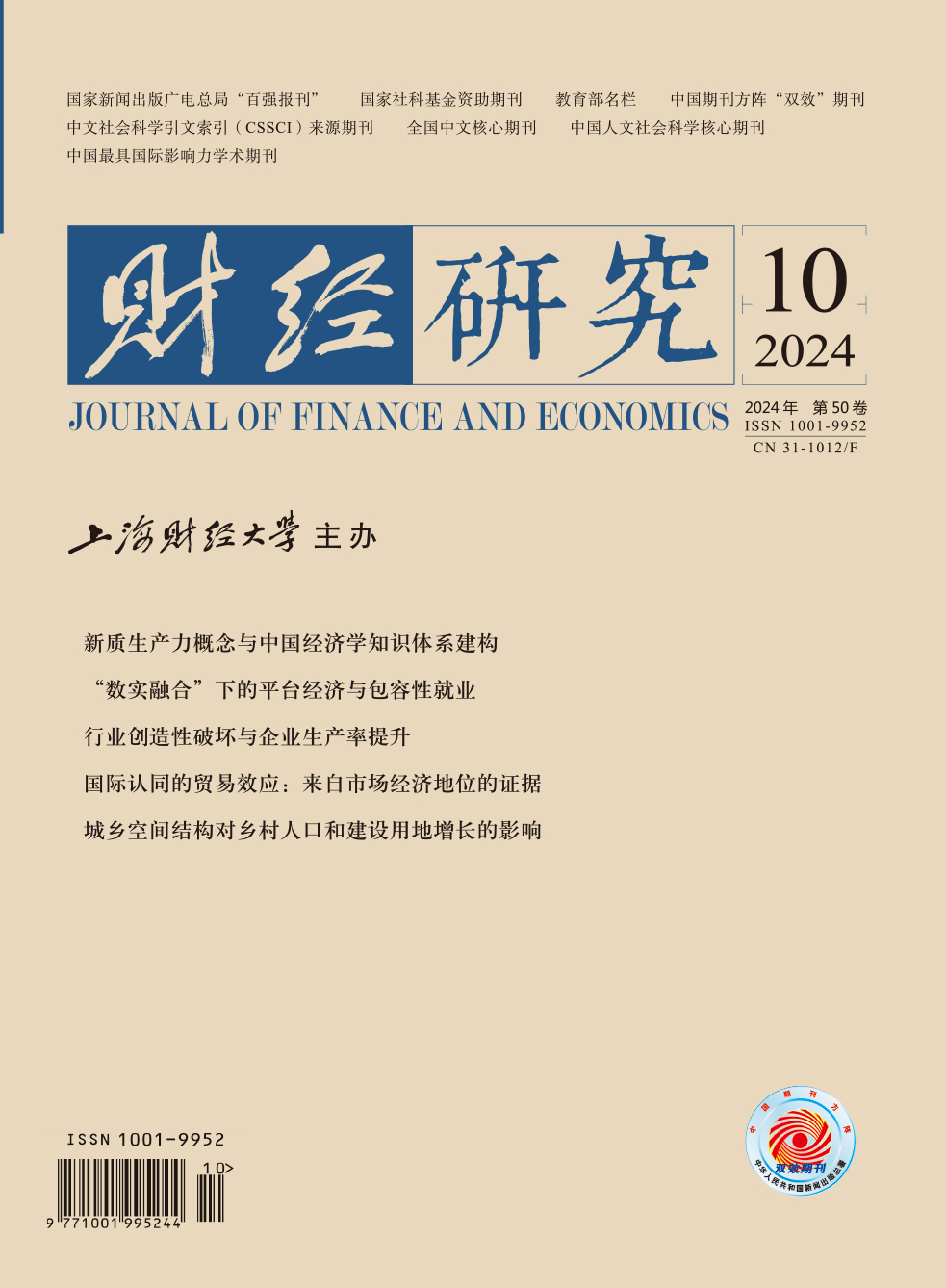In recent years, the decline of China’s labor participation rate and the aggravation of youth’s preference to choose within the system have gradually become the focus of social attention and discussion. Meanwhile, due to the rise of housing prices and the social fact of intergenerational inheritance of wealth in China, the increase of total family income brought by the increase of parents’ housing wealth tends to have a positive wealth effect on youth, which makes them more inclined to increase leisure time and reduce labor participation, or tend to engage in less stressful jobs.
Therefore, based on the theoretical model of“income – leisure”, combined with the micro survey data of the research group of Southwestern University of Finance and Economics in 2018, and using the Probit model and the Heckman two-stage model, this paper studies the impact of parents’ housing wealth on youth labor participation and employment choice, and discusses the heterogeneity of the impact of parents’ housing wealth and the underlying mechanism. The results show that parents’ housing wealth has an inhibitory effect on youth labor participation. The increase in the value of real estate and the increase in the number of real estate of parents will lead to the decrease in the labor participation rate of youth. Among the youth who participate in labor, parents’ housing wealth has a significant negative impact on the labor supply time and non-institutional employment choice of youth. The heterogeneity analysis shows that the impact of parents’ housing wealth on the labor participation of women youth is greater, and the impact of parents’ housing wealth in the same city on youth labor participation and employment choice is stronger. From the perspective of educational background, parents’ housing wealth has a less negative impact on the labor participation of highly educated youth, and a more positive impact on non-key-university educated youth’s choice of work within the system. Finally, the mechanism analysis shows that parents’ housing wealth mainly affects youth labor participation and employment choice through the two mechanisms of“intergenerational inheritance of wealth”and“children’s expectation of inheritance”.
In general, this study has strong practical significance and policy implications. On the one hand, for families who hold too much housing wealth, real estate tax, inheritance tax and other policies and systems can effectively reduce the dependence of youth on their parents’ housing wealth. On the other hand, the government should continue to implement the relevant policies of“housing without speculation, households with houses to live”to avoid the adverse impact of unreasonable rising housing prices on the employment of youth labor, and form a more reasonable employment pattern with the advocacy of socialist labor values.






 4098
4098  3221
3221

